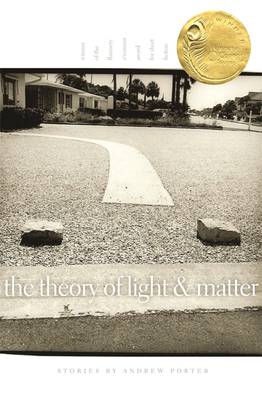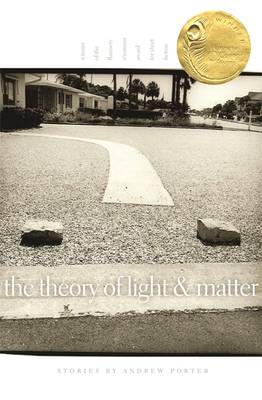
En raison d'une grêve chez bpost, votre commande pourrait être retardée. Vous avez besoin d’un livre rapidement ? Nos magasins vous accueillent à bras ouverts !
- Retrait gratuit dans votre magasin Club
- 7.000.000 titres dans notre catalogue
- Payer en toute sécurité
- Toujours un magasin près de chez vous
En raison de la grêve chez bpost, votre commande pourrait être retardée. Vous avez besoin d’un livre rapidement ? Nos magasins vous accueillent à bras ouverts !
- Retrait gratuit dans votre magasin Club
- 7.000.0000 titres dans notre catalogue
- Payer en toute sécurité
- Toujours un magasin près de chez vous
Récompenses
Description
These ten short stories explore loss and sacrifice in American suburbia. In idyllic suburbs across the country, from Philadelphia to San Francisco, narrators struggle to find meaning or value in their lives because of (or in spite of) something that has happened in their pasts. In "Hole," a young man reconstructs the memory of his childhood friend's deadly fall. In "The Theory of Light and Matter," a woman second-guesses her choice between a soul mate and a comfortable one.
Memories erode as Porter's characters struggle to determine what has happened to their loved ones and whether they are responsible. Children and teenagers carry heavy burdens in these stories: in "River Dog" the narrator cannot fully remember a drunken party where he suspects his older brother assaulted a classmate; in "Azul" a childless couple, craving the affection of an exchange student, fails to set the boundaries that would keep him safe; and in "Departure" a suburban teenage boy fascinated with the Amish makes a futile attempt to date a girl he can never be close to. Memory often replaces absence in these stories as characters reconstruct the events of their pasts in an attempt to understand what they have chosen to keep. These struggles lead to an array of secretive and escapist behavior as the characters, united by middle-class social pressures, try to maintain a sense of order in their lives. Drawing on the tradition of John Cheever, these stories recall and revisit the landscape of American suburbia through the lens of a new generation.Spécifications
Parties prenantes
- Auteur(s) :
- Editeur:
Contenu
- Nombre de pages :
- 192
- Langue:
- Anglais
- Collection :
- Tome:
- n° 77
Caractéristiques
- EAN:
- 9780820332093
- Date de parution :
- 15-10-08
- Format:
- Livre relié
- Format numérique:
- Genaaid
- Dimensions :
- 140 mm x 206 mm
- Poids :
- 340 g

Les avis
Nous publions uniquement les avis qui respectent les conditions requises. Consultez nos conditions pour les avis.








